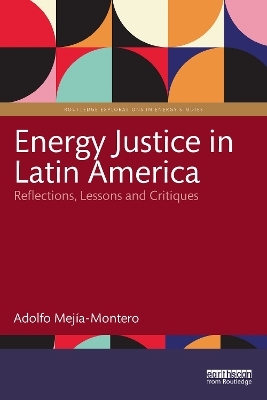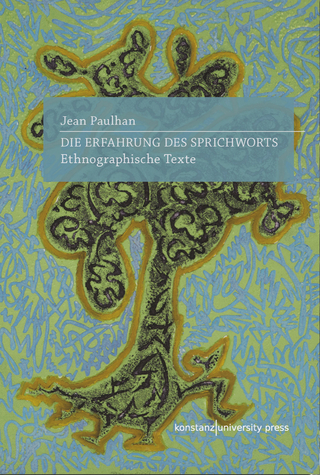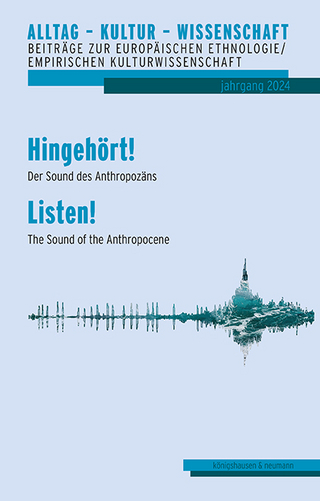
Energy Justice in Latin America
Routledge (Verlag)
978-1-032-79532-4 (ISBN)
- Noch nicht erschienen (ca. Februar 2025)
- Versandkostenfrei innerhalb Deutschlands
- Auch auf Rechnung
- Verfügbarkeit in der Filiale vor Ort prüfen
- Artikel merken
Since it was coined as an academic term more than ten years ago, energy justice has experienced accelerated growth as a relevant and widely recognised concept that allows energy researchers to engage with diverse energy issues. Nevertheless, energy justice still faces theoretical and empirical gaps, including a lack of diversity in author demographics and case studies coming from regions in the Global South. Against this backdrop, this book brings together 30 authors whose research draws from Latin American countries like Argentina, Brazil, Bolivia, Chile, Costa Rica, Ecuador, Mexico, Panama and Peru, as well as wider regional perspectives. The selected case studies combine low-carbon transitions, regulations and technologies with issues of gender, indigeneity, (neo)colonialism, autonomy, poverty and inequality. Importantly, the chapters examine how energy justice might influence existing approaches and worldviews on sustainability, which strive for just and clean future energy systems by redressing regional inequalities and tackling the global challenge of climate change. As such, Energy Justice in Latin America opens new spaces for a growing research community to redefine and jointly construct a more complete, regionally specific notion of energy justice.
Highlighting the ways in which the discussion included in this book resonates with other regions in the Global South, this volume will be of great interest to students and scholars of energy justice, energy poverty, energy democracy and energy policy, as well as Latin American studies more broadly.
Adolfo Mejía Montero is a lecturer in Energy, Society, and Sustainability at the University of Edinburgh, where he is part of the School of Social and Political Science’s Department of Science, Technology, and Innovation Studies (STIS). He also serves as the director of the MSc programme in Energy, Society, and Sustainability within the School of Geosciences. With an interdisciplinary background in physics, engineering, and human geography, Adolfo has contributed to a wide range of research projects focused on energy justice, low-carbon energy projects in indigenous territories, wind and solar power, mixed-methods research, and sustainable energy systems, particularly in Latin America and the United Kingdom. He has also worked as a research consultant, collaborating with companies like Sunamp, which specializes in heat batteries using phase-change materials, to support innovation in the energy sector.
INTRODUCTION
Chapter 1. Energy justice in Latin America: Exploring a growing agenda
Adolfo Mejía-Montero
PART I
Regional reflections on energy justice across Latin America
Chapter 2. Political Economy and Energy Justice: Rentier Dynamics in Fossil Extractivist States in Latin America
Rosa Lehmann and Pedro Alarcón
Chapter 3. Conflicts linked to critical minerals and renewables in South America ― The hydropower and copper cases through the energy justice lens
Axel Bastián Poque González
Chapter 4. Searching for ‘indigenous’ energy justice: Case studies of Costa Rica’s El Diquís and Panama’s Barro Blanco hydroelectric projects
Nora Hampl
Chapter 5. Bioethical Aspects Related to Energy Poverty in Latin America: An Energy Justice Approach
Carlos Díaz-Rodríguez
Chapter 6. Wind turbine blades: An emerging energy justice agenda in Latin America.
Eduardo Martínez-Mendoza, Eduardo Fernández-Echeverría, Gregorio Fernández-Lambert, Marieli Lavoignet-Ruíz and Luis Enrique García-Santamaría
PART II
Lessons and experiences of low-carbon transitions and energy justice within national borders
Chapter 7. The Chilean Energy Transition through Energy Justice as a Policy Assessment Approach
Nicolás Silva Valenzuela
Chapter 8. Wind Farms Impacts and Energy Justice Relationships: The Case of the Isthmus of Tehuantepec, Mexico
Eduardo Martínez-Mendoza and Luis Arturo Rivas-Tovar
Chapter 9. Exploring Bolivia’s lithium ambition through an expanded energy justice lens
Romain Mauger and Paola Villavicencio-Calzadilla
Chapter 10. Astronomy and Energy Justice in the Atacama Desert
Paola Velasco Herrejón, Isabelle Viole, Guillermo Valenzuela-Venegas, Sabrina Sartori, Marianne Zeyringer.
PART II
Criticizing and expanding energy justice grounded on a Latin American perspective
Chapter 11. Constructing a regulatory framework for energy justice? Evidence from Ecuador
Mendieta-Vicuña, Diana and Esparcia, Javier
Chapter 12. How do you live and adapt to energy insecurity?
Gianna Monteiro Farias Simões and Solange Maria Leder
Chapter 13. Towards energy justice in Argentina. Learning from inclusion experiences.
Alejandra Ise, Silvina Carrizo, Luciana Clementi1 and Marie Forget
Chapter 14. Struggles for Pluriversal Fairness: Decolonizing energy justice through autonomous praxis in Mexico
Carlos Tornel
Chapter 15. Beyond Inclusion: Advocating for a Feminist Understanding of Energy Justice
Lillian Sol Cueva
CONCLUSION
Chapter 16. Powering Energy Justice in Latin America
Adolfo Mejía-Montero
Index
| Erscheint lt. Verlag | 18.2.2025 |
|---|---|
| Reihe/Serie | Routledge Explorations in Energy Studies |
| Zusatzinfo | 26 Tables, black and white; 8 Line drawings, black and white; 8 Illustrations, black and white |
| Verlagsort | London |
| Sprache | englisch |
| Maße | 156 x 234 mm |
| Themenwelt | Sozialwissenschaften ► Ethnologie |
| Sozialwissenschaften ► Soziologie | |
| Technik ► Elektrotechnik / Energietechnik | |
| Technik ► Umwelttechnik / Biotechnologie | |
| ISBN-10 | 1-032-79532-8 / 1032795328 |
| ISBN-13 | 978-1-032-79532-4 / 9781032795324 |
| Zustand | Neuware |
| Informationen gemäß Produktsicherheitsverordnung (GPSR) | |
| Haben Sie eine Frage zum Produkt? |
aus dem Bereich


